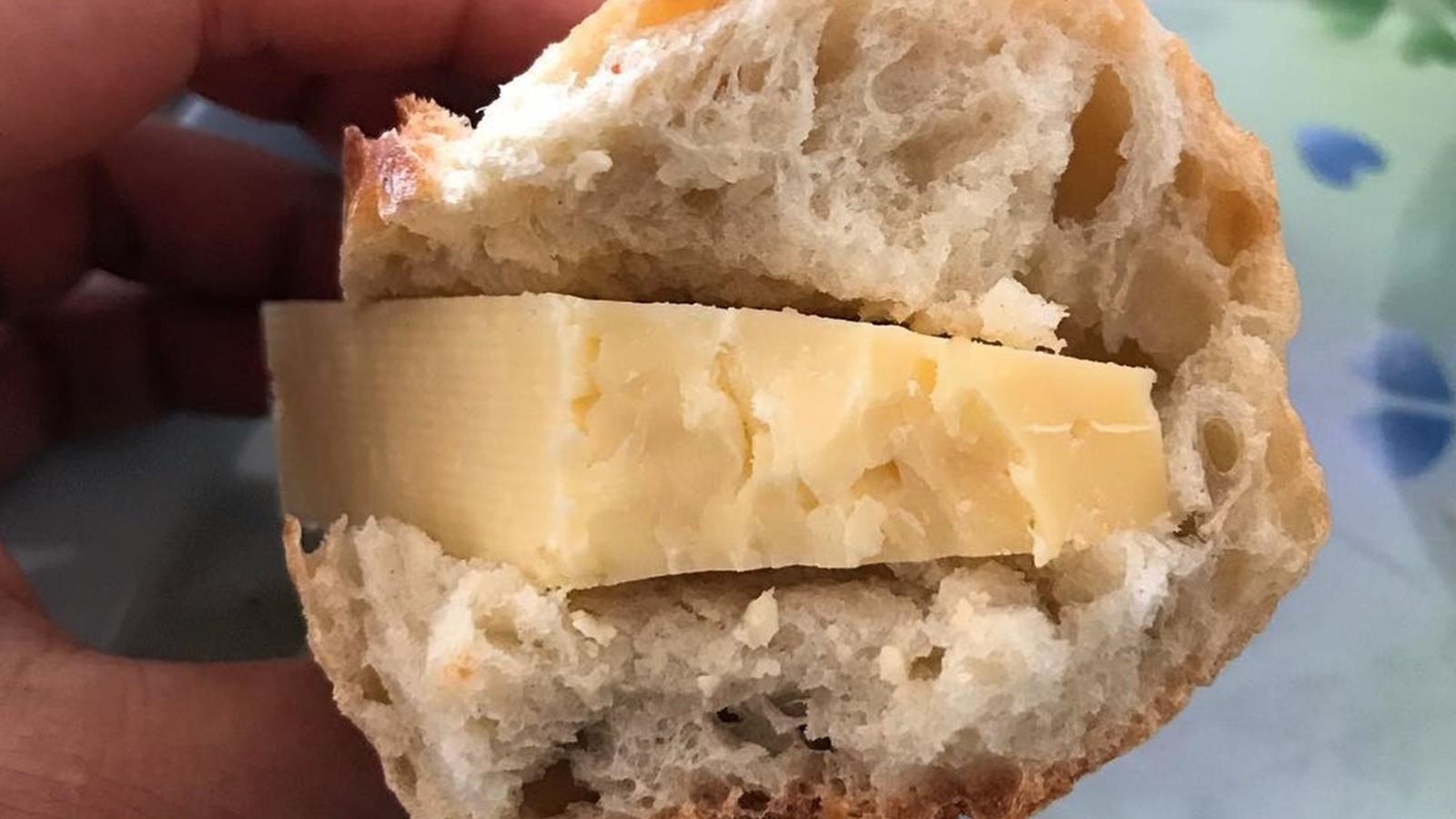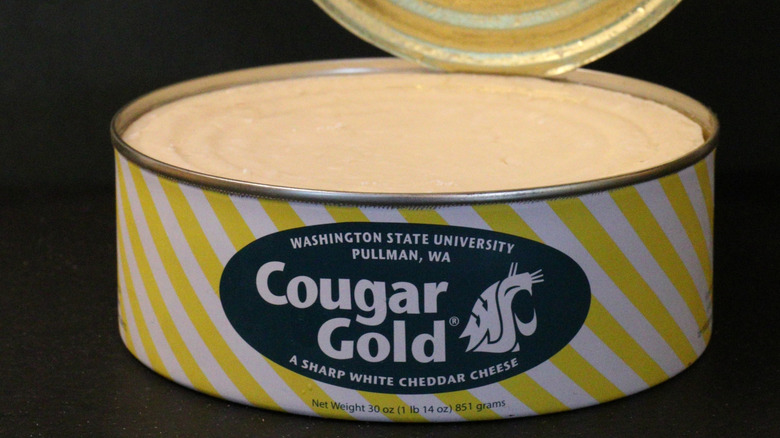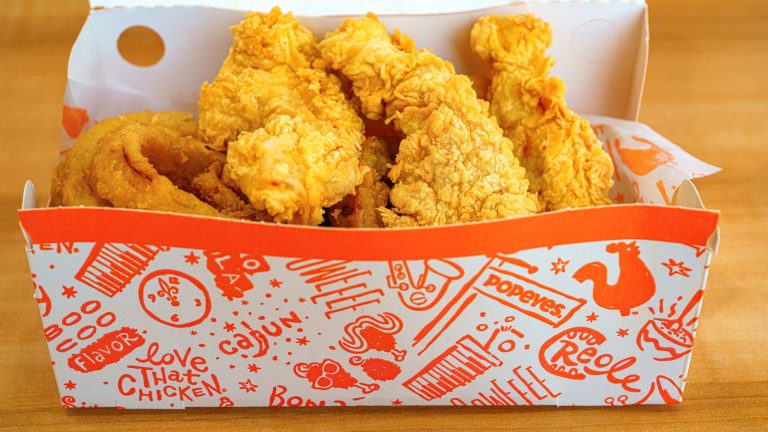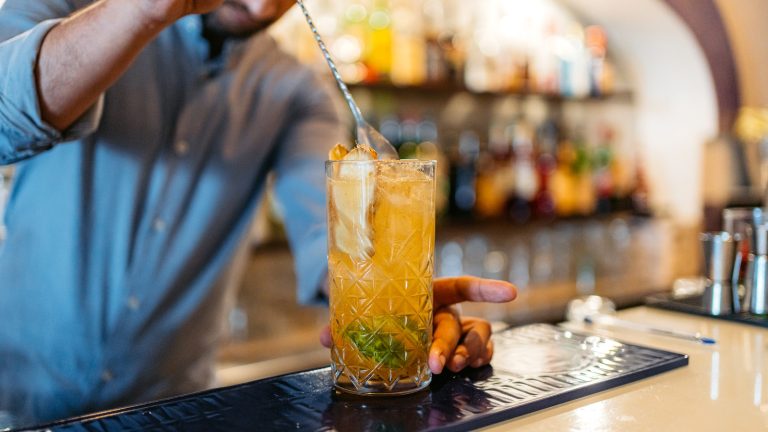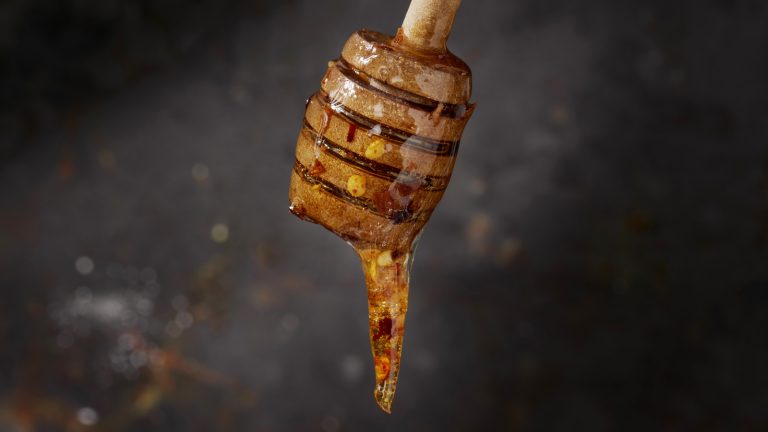A university selling cheese? Thanks to some enterprising academics affiliated with Washington State University, we have Cougar Gold, cheese that is literally packaged in a can. When we mention cheese in a can, we’re not talking about the kind of spray cheese you can squirt onto a cracker. Cougar Gold — named after a mashup of the school’s mascot and a researcher named Dr. N. S. Golding — is a sharp white cheddar that can last literally forever, as long as it’s kept in an unopened can that has been placed in the refrigerator.
This canned cheese is made with a unique culture that sets it apart from other kinds of cheeses. Since tin cans are non-porous containers, researchers had to figure out how aging cheese could be packaged without expanding the containers, or worse — causing an explosion. The creation resulted in a cheese in which the same culture is used to make it today, nearly a century after it first appeared. It’s Dr. Golding’s special culture, the aged cheese, and the refrigeration that mean it can last basically forever. The cheddar is packaged in large cans, and while some may question the product, plenty of cheese lovers have taken to the socials to rave about the flavorful taste of the sharp, nutty cheese.
Cougar Gold canned cheese will never let you down
In the 1940s, the American Can Company awarded grant money to those who could figure out how to get cheese to American troops without it spoiling. Researchers at Washington State University understood that while wax can crack — exposing cheese and resulting in contamination – packaging cheese in cans offered a promising alternative. Cougar Gold was born.
Around 250,000 cans of cheese are made at the university each year, and the vast majority of them are the Cougar Gold variety. Other cheeses made at the university include natural and smoky cheddars, viking, dill garlic, sweet basil, hot pepper, and crimson fire. Cans sell for $33 per 30-ounce can. Some cheese lovers take pride in keeping cans for decades, remarking that flavors change the longer the cheese is left. Once the can is opened, however, you have the same amount of time to eat it as you might a more traditional block of cheese, whether you decide to crumble it onto toasted bread, pair it with a glass of merlot or riesling, or incorporate the cheese into another recipe like cheese balls, soup, cheese twists, or mac and cheese.


